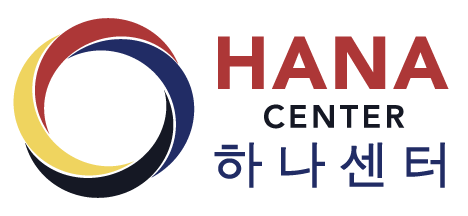“My name is Evelyn Venegas. I am Ecuadorian, and proud to be South American. I have been undocumented for most of my life. The fact that I am here before you, is not without a whole family and community that has nurtured, supported, and believed in me.
My parents crossed many borders for a dream to move out of poverty, to create a better future for their family. They believed in the land of opportunity, something they only imagined, their arrival was not guaranteed. It moved them from one continent to another. I am proud to be South American, indigenous person. I look back to my family. They are the original producers of dreams. They made their voyage and planted their roots here.
My parents migrated when I was 3 months old, and they were able to bring me here when I was 3 years old. I may not have been born here, but no one can tell you more about Chicago than me. Chicago is my home and I’m committed to making it better for everyone. Growing up in Irving Park, I remember the neighborhood kids running and playing up and down the streets, the loud block parties, and all of the different languages spoken on a block. Today, Chicago seems less welcoming to people who look like me. Small, family run businesses are closed. There are no kids. There’s mostly dogs now.
Gentrification has changed the neighborhood. Rents go up. Fathers and mothers are being deported. Our neighborhood is heavily policed. The targets of this are people of color. I now live in La Villita, and there are transportation access issues. Families fear I.C.E. because they’re present in the community. Sometimes La Villita looks abandoned after news of a detainee. Northside or Southside, our communities live in fear and in worry.
Both my parents work two jobs to help me pay for college, while the government created a rhetoric that the immigration crisis was their fault. They called me a DREAMer, gave me DACA, and offered my parents no protection.
My education was not easy. It took longer to graduate because I had to work three jobs to pay for one year of college. To be a child of undocumented immigrants in this country is to live in a constant reminder that you’re perceived as “the other”, but my parents’ pain is not one that I will ever be able to cope with. Our communities are in constant pain, in constant fear, and in ongoing need. A key part of my journey has been being rooted in my ancestors. I’m grounded in that my ancestors were strong, resilient, and determined. My family is indigenous, Incan, the cholas cuencanas from the Andes, they are strong, resilient and determined people. This is where I come from. My people have survived poverty, disenfranchisement from their own government, families that have close to nothing are still willing to do anything to make sure their family survives. They bet it all on coming to this country, and that includes leaving everything to come to this country for a better future. I know my family did.
I live in gratitude of all the generations before us. That with their lucha—resistance and hard work—were able to secure our existence. If you’re undocumented or a part of a mixed status family or are currently in proceedings, may safety always find you and may you always find peace, even through this turmoil.
Please remember: you are enough. Regardless of what this country says. We are more than our status. We represent dreams and we are fighting for our dignity.”







